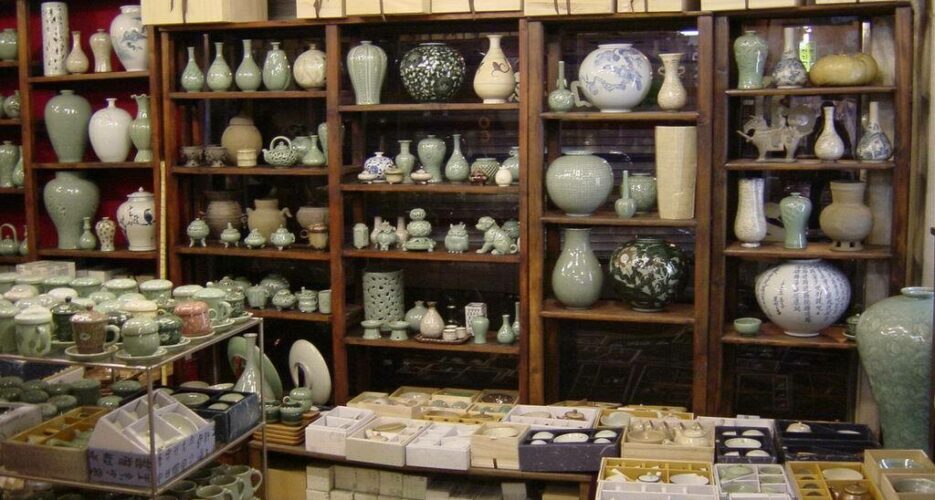For a majority of the North Koreans, the 1990s were a decade of famine, mass death and social disintegration. But for a small minority of adventurous, entrepreneurial, ruthless and hard-working people it was, in some ways, a dream time, years when somebody with no capital to invest, and with little connections, could make a fortune in few years (with a remarkably high probability of perishing in the process).
Many, but not all, get-rich schemes of the 1990s would be illegal in any state, let alone North Korea. These schemes involved narcotics, counterfeit tobacco, and antiques (both real and fake). Indeed, the antique trade, which boomed from approximately 1995 to 2005, was second only to illicit drugs in terms of both profits and risks.
For a majority of the North Koreans, the 1990s were a decade of famine, mass death and social disintegration. But for a small minority of adventurous, entrepreneurial, ruthless and hard-working people it was, in some ways, a dream time, years when somebody with no capital to invest, and with little connections, could make a fortune in few years (with a remarkably high probability of perishing in the process).
Many, but not all, get-rich schemes of the 1990s would be illegal in any state, let alone North Korea. These schemes involved narcotics, counterfeit tobacco, and antiques (both real and fake). Indeed, the antique trade, which boomed from approximately 1995 to 2005, was second only to illicit drugs in terms of both profits and risks.
Become a member for less
than $5.75 per week.
Unlimited access to all of NK News: reporting, investigations, analysis
The NK News Daily Update, an email newsletter to keep you in the loop
Searchable archive of all content, photo galleries, special columns
Contact NK News reporters with tips or requests for reporting
Get unlimited access to all NK News content, including original reporting, investigations, and analyses by our team of DPRK experts.
Subscribe now
All major cards accepted. No commitments – you can cancel any time.












